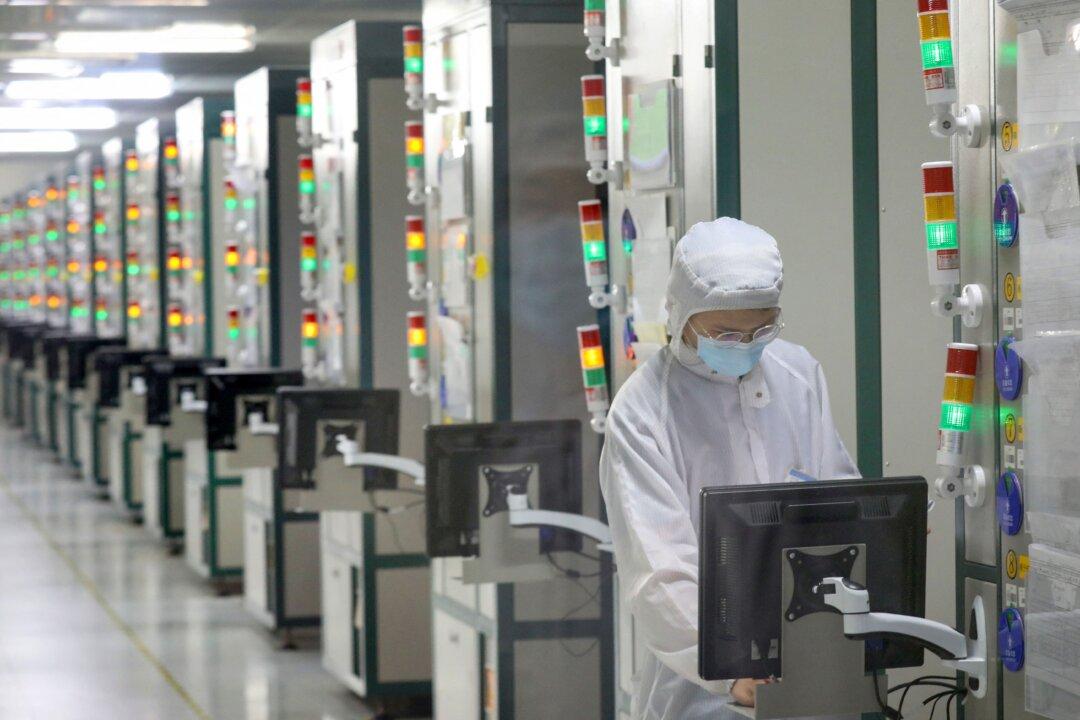About eight “innovation hubs” across the United States will be awarded nearly $240 million dollars as part of the federal government’s efforts to bolster domestic microelectronics manufacturing, the Defense Department (DOD) announced on Sept. 20.
The multi-million dollar funding is part of the “Microelectronics Commons” program—described by the Pentagon as a “national network of regional technology hubs” with a “shared mission” to expand the nation’s global leadership in microelectronics.




